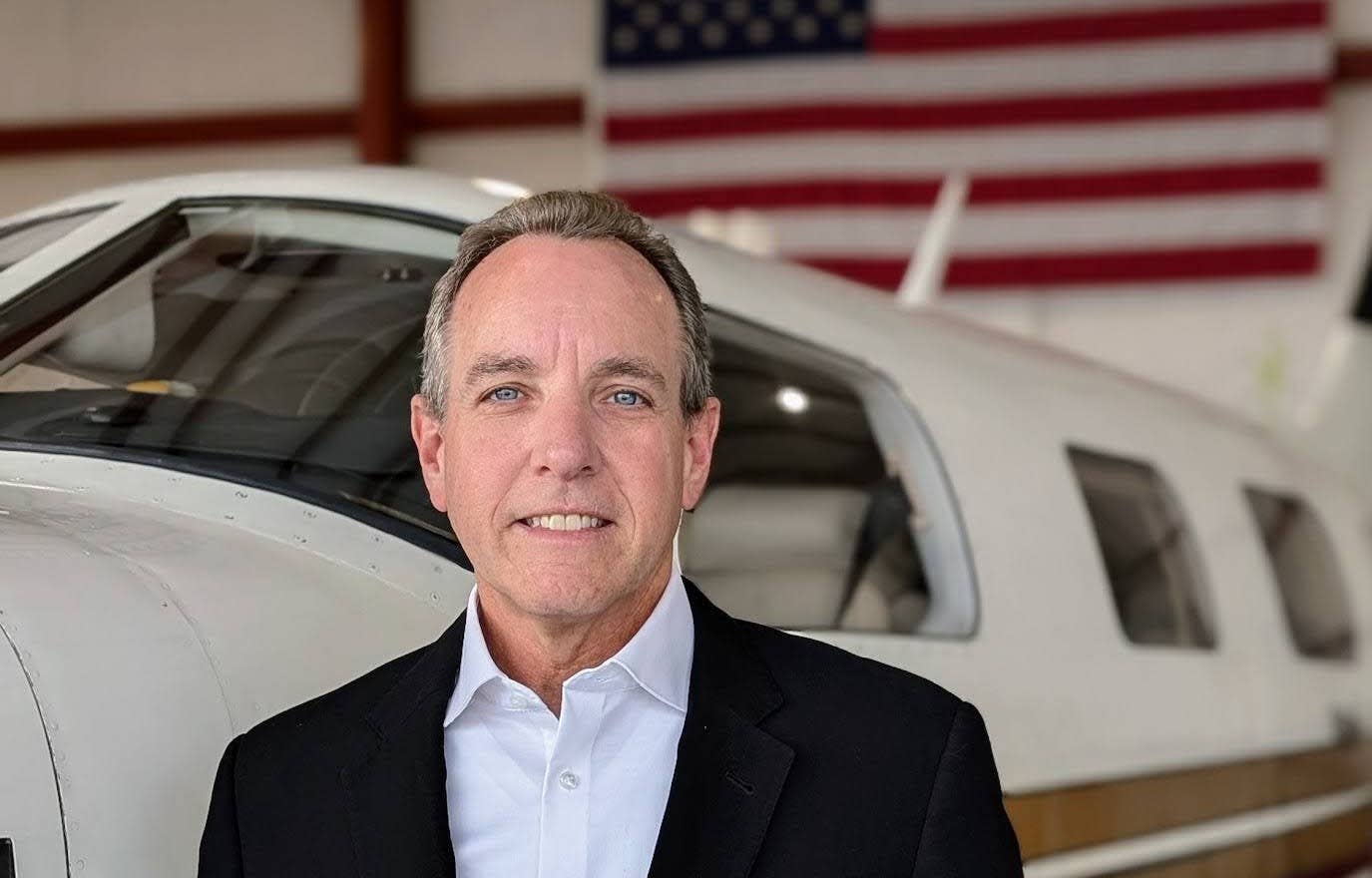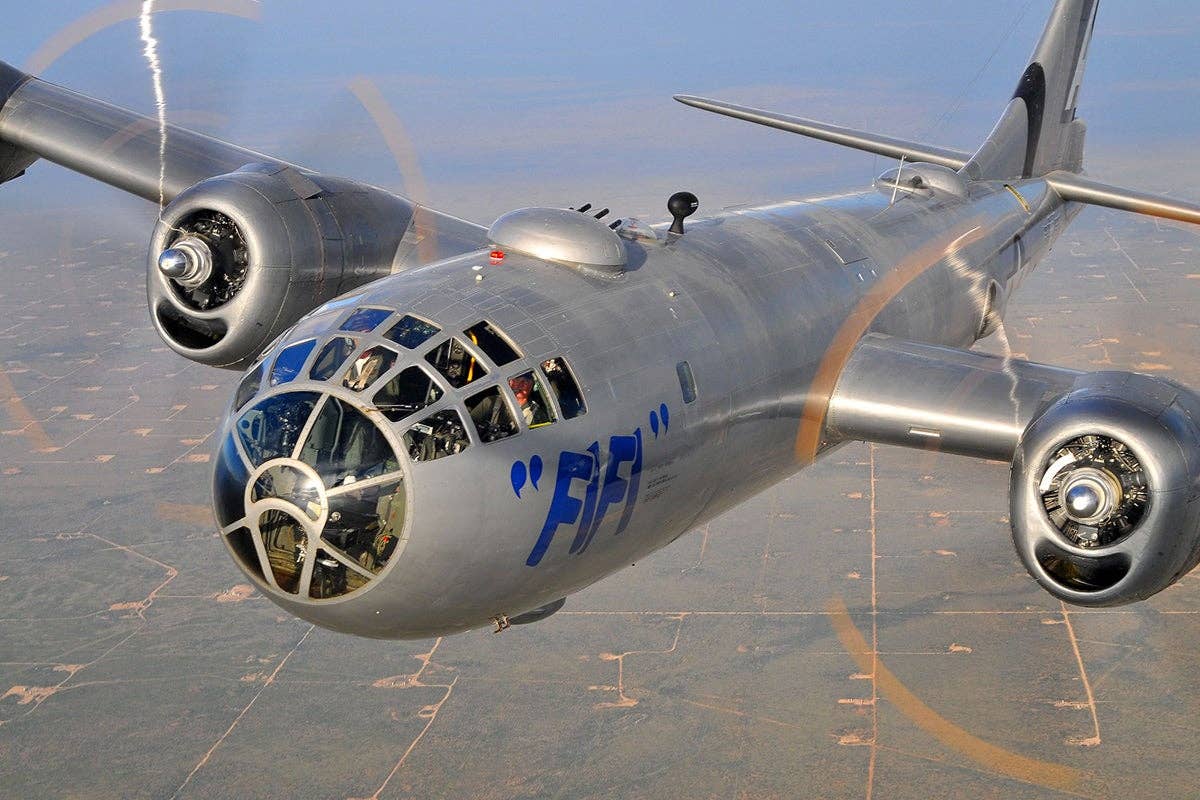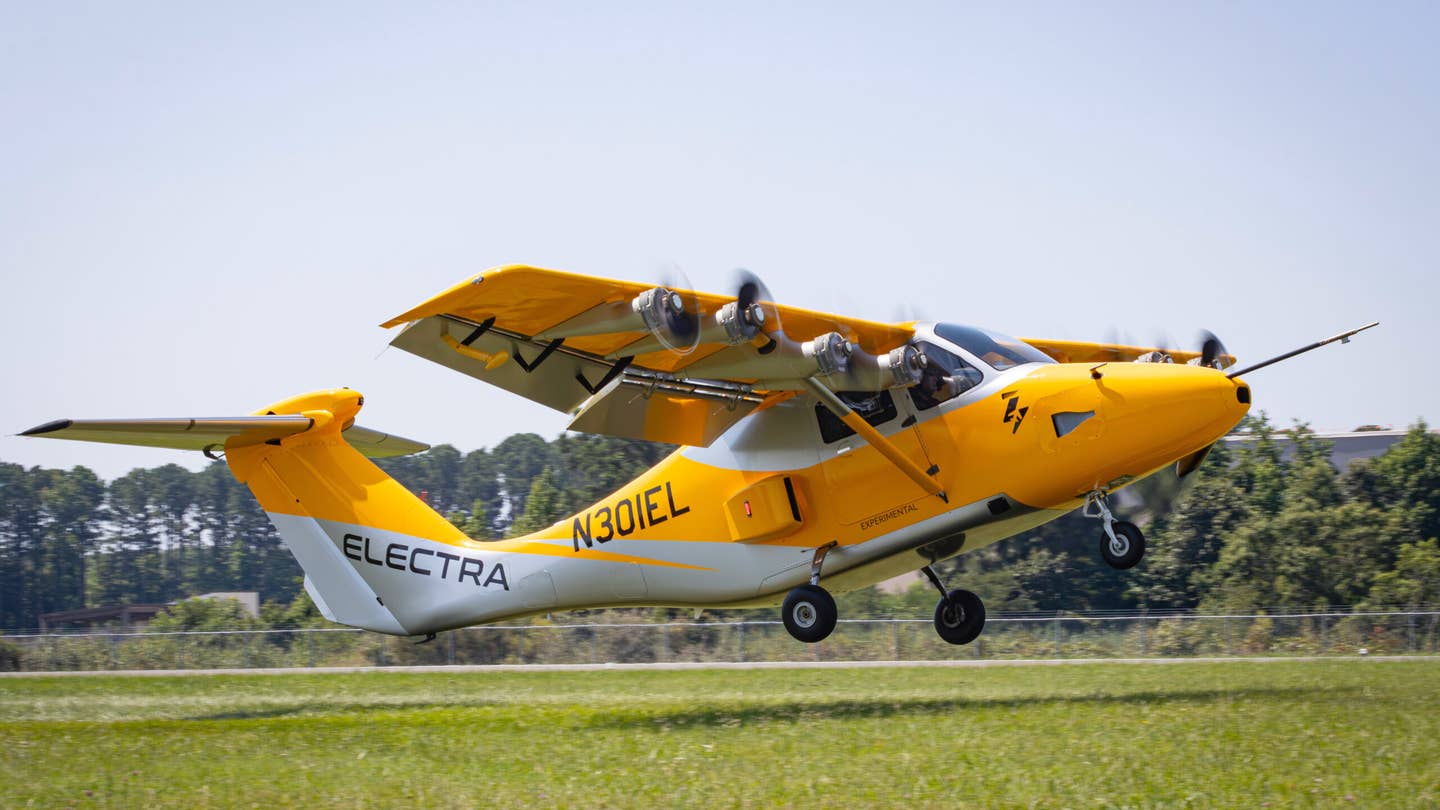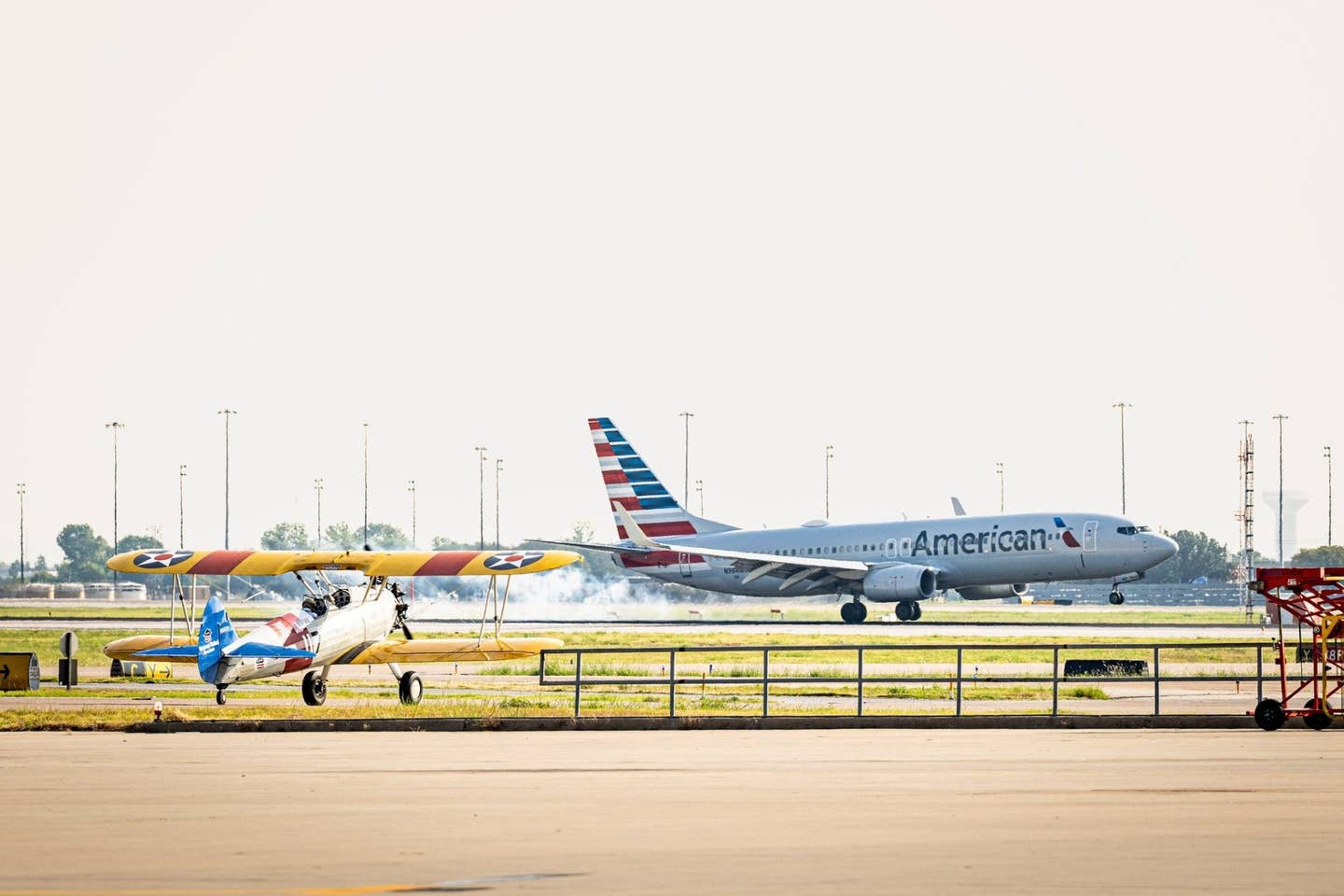Zipline Launches Program to Deliver Medicine in Utah
California-based startup company Zipline has signed an agreement with Intermountain Healthcare to deliver medicine and medical supplies via drones in Salt Lake City, Utah.
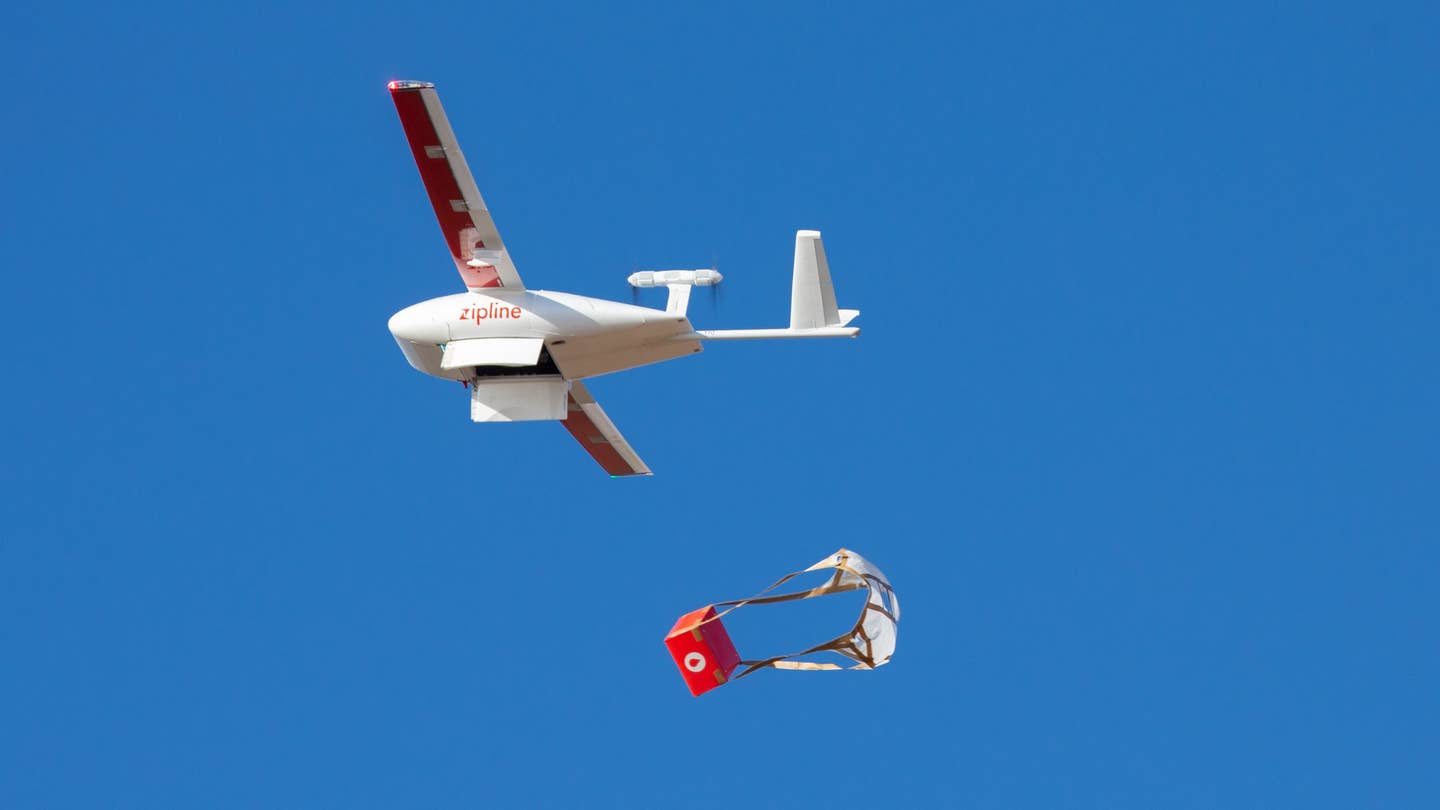
Zipline has used drones to deliver medical supplies to rural areas in Rwanda and Ghana since 2016. Zipline
California-based startup company Zipline has signed an agreement with Intermountain Healthcare to deliver medicine and medical supplies via drones in Salt Lake City, Utah.
Since 2016, Zipline has used autonomous drones to deliver medical supplies to rural areas in Rwanda and Ghana, and it hopes to begin doing the same in the United States. The first deliveries are expected to start next spring, hoping to make hundreds of deliveries per day within the first four years.
“Making access to healthcare faster and more convenient will lead to better health outcomes for our patients,” said Marc Harrison, president and CEO of Intermountain Healthcare, in a statement. “And with Zipline, we’re making the idea of true care at home a reality for many of our patients.”
The two companies will focus on the delivery of specialty pharmaceuticals and homecare products for homes within a 50-mile radius of the Salt Lake-area distribution center. Eventually, the companies will deliver over-the-counter products. However, Zipline will have to gain FAA approval before any of their drones takeoff.
“Intermountain Healthcare shares our vision of powering telemedicine with instant logistics. Patients can connect with providers from the home, and then receive the medications and supplies they need in a matter of minutes, directly to their doorsteps,” said Keller Rinaudo, co-founder and CEO of Zipline, in a statement. “For example, a cancer patient could receive her medication without ever leaving her home. Or a single parent could get his child’s antibiotics without a trip to the pharmacy. Instant access to care is not just about convenience. It comes down to making healthcare more equitable, efficient, and reliable for people, regardless of where they live or their circumstances.”
How it Works
Zipline’s use of small, fixed-wing autonomous aircraft makes this vision possible. In Rwanda, rural doctors use an app on their smartphone to order life-saving medical supplies. Five minutes later, the drone is already loaded and ready to fly to its destination, where it then drops the package mid-flight.
No need to worry though, the package comes in an insulated cardboard box and floats down on a parachute.
When the drone needs to land back at the facility, it’s caught by a tailhook system, much like an aircraft touching down on a carrier, drastically shortening the turnaround time for subsequent flights.
Zipline and Intermountain Healthcare plan to start construction early next year.
The company continues to operate in Rwanda and Ghana, and will soon begin operations in Japan and Nigeria. Since its start in 2016, Zipline has already completed over 200,000 commercial deliveries.
Both CEOs will discuss the agreement during the Reuters Total Health Global Conference on November 17.

Subscribe to Our Newsletter
Get the latest FLYING stories delivered directly to your inbox


